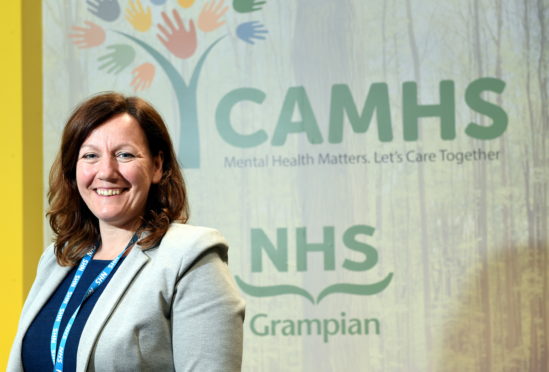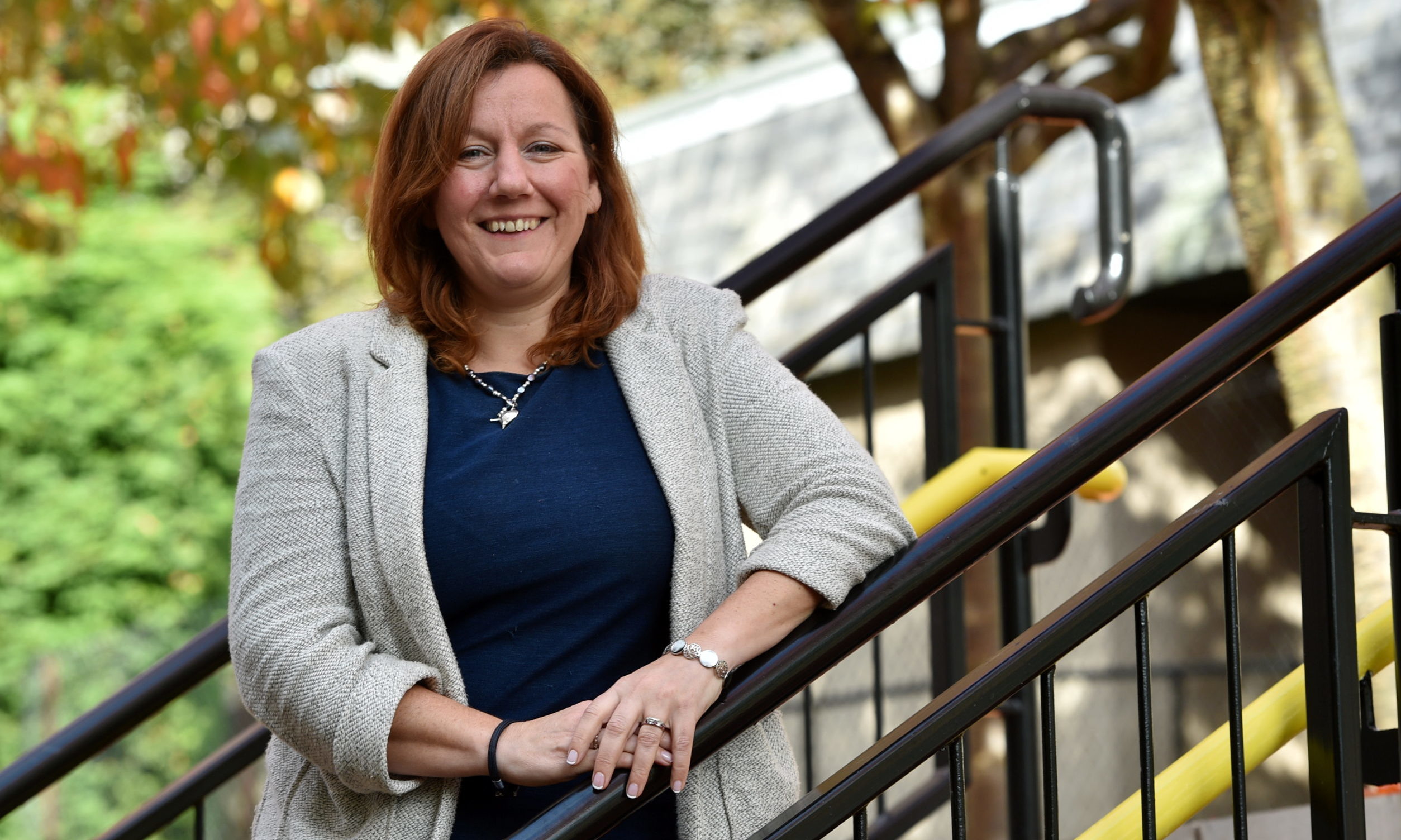NHS Grampian will be exploring new ways of diagnosing conditions such as ADHD and autism as lockdown progresses.
Dr Lynne Taylor, the clinical director of the Child and Adolescent Mental Health Service (CAMHS) in Grampian, this week took part in a Facebook Live event to discuss the effect of lockdown.
Staff are, armed with laptops and headsets, doing their best to reach as many vulnerable young people and children as possible.
Dr Taylor, who has four children, described headsets as “a doctor’s new stethoscope.”
She added: “Going forward with Covid-19, technology is something we all will have to get used to.
‘Keep CAMHS and carry on’: New mental health service for young people https://t.co/Uxixn2TnNU pic.twitter.com/u5F6yYWpEd
— The Press & Journal (@pressjournal) March 25, 2020
“We don’t want people to feel abandoned, and are lucky in CAMHS that staff have the IT to offer appointments through a software called NearMe.”
She added: “Some things a bit trickier of us –like the assessment of things like autism and ADHD as we very much rely on the school to give us reports or we do school observations.
“So we having to think in new or novel ways about how to gather that sort of information”
While there’s been an uptake of young people making use of online appointments, there has also been a decrease in referrals to the service.
Re-iterating calls from various cancer and health charities, she has reminded the population that GPs are still open for people struggling with mental health.
Dr Taylor also reminded people that unwelcome emotions “will pass.”
She said: “The main message we want to want to get across to people is that it is totally understandable to have unusual emotions at the moment, because we are in an unusual situation.
“There is the worry that lots of children and young people will have mental health problems after this, and parents might be worried about that too.
“Lots of people want straight answers now on when things will go back to normal, but normal will be quite different in future so adaptability is one of the things we trying to encourage.”
The CAHMS service has also been getting feedback that for many families it is not a time of distress, but one for quality time together.
Dr Taylor suggests that people establish routines to make their day go faster, and allow time to get caught up in a good book or lost in a jigsaw to break-up the day.
Dr Taylor suggested a number of websites children, young people, and their parents might find useful.
They include www.camhs-resources.co.uk/coronavirus and www.youngscot.org.
Click here to listen to the NHS Grampian “Keep CAMHS and Carry On” podcast on Spotify.


